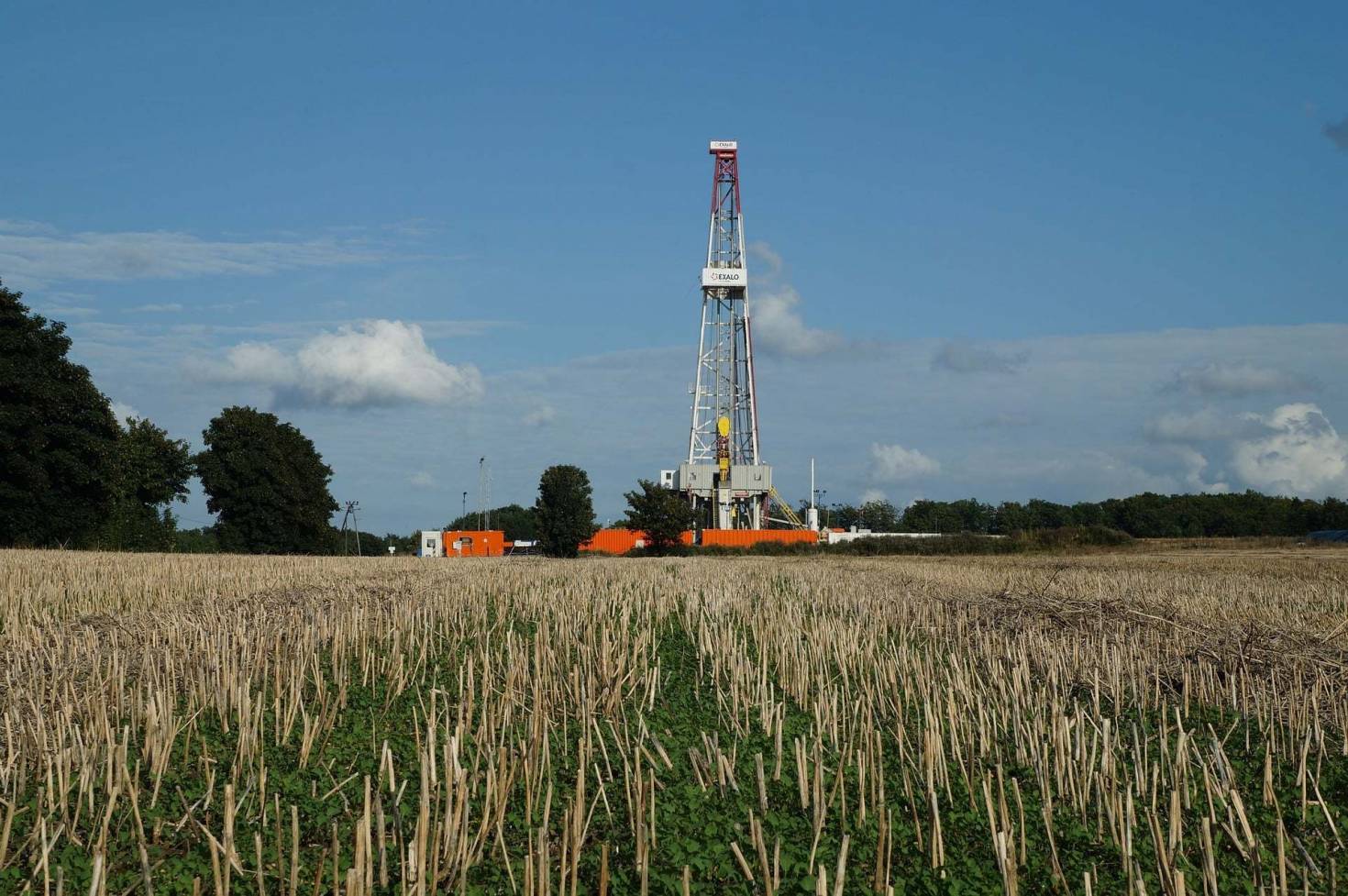Most people outside oil-rich states like Texas have never heard of a landman or understand their vital role in the energy industry. Even fewer realize that land for sale can be split between surface rights and mineral rights.
While the term "landman" might suggest someone who simply works with property, these professionals are actually key players in the petroleum industry, helping drive American energy development since the mid-19th century.
What is a landman?
Landmen, also called petroleum landmen, serve as crucial intermediaries between energy companies and landowners. Before any company can explore or drill for minerals, they must first secure the mineral rights to the property. Take a look at our blog post to find out more about mineral rights ownership.
Despite the traditional title, landmen include both men and women who represent oil and gas companies, making it legally possible to explore, drill, and extract valuable minerals.
According to the American Association of Professional Landmen (AAPL), their members work primarily in the Permian Basin, with significant presence across Texas, Oklahoma, New Mexico, Colorado, Louisiana, Arkansas, Pennsylvania, Utah, Alabama, New York, Indiana, Wyoming, and Michigan.
A landman's job description
Success as a landman demands a diverse skill set, with their core mission being mineral rights acquisition for potential drilling sites. This process often requires:
- Conducting thorough ownership research
- Navigating complex property rights
- Negotiating with multiple stakeholders
- Managing legal documentation
- Building community relationships
Property ownership often proves complex, as mineral rights for a single parcel may be divided among dozens or even hundreds of owners, each holding different percentages. Landmen must navigate these intricate ownership structures, conducting exhaustive research to identify every stakeholder and their exact ownership share before negotiations can begin.

Landman negotiating techniques
After establishing clear ownership, landmen begin the delicate process of negotiating mineral rights. Success hinges on their ability to communicate effectively and negotiate skillfully. A professional landman approaches these discussions with transparency, clearly conveying their company's interest while demonstrating the property's potential value to landowners.
The nuanced nature of these negotiations explains why some successful landmen hold degrees in sociology or psychology – disciplines that deepen their understanding of human behavior and communication.
The AAPL recommends these strategies:
- Speak the landowner's language
- Open with a fair offer
- Know target prices and limits
- Maintain realistic anchoring points
- Foster cooperation, not adversity
- Use strategic silence
- Prepare counteroffer options
- Practice patience
Individuals make impressions and judgments about people very quickly, and with very minimal information. And once those judgments are made, they tend to be hard to undo.Dr. Vivian Zayas of Cornell University
As the first point of contact between energy companies and landowners, landmen significantly influence project outcomes. Whether negotiating outright purchases or leases, they handle various terms including drilling depth clauses, royalty percentages, per-rod payments, and potential bonuses.
Additional landman responsibilities
Beyond negotiations, landmen handle a wide range of administrative responsibilities. While traditionally paper-intensive, technology has streamlined these tasks, enabling greater accuracy and efficiency.
- Perform audits and maintain records
- Prepare lease agreements
- Evaluate title documents
- Track rental receipts
- Document property histories
- Coordinate between land departments
- Resolve title defects
- Manage title attorneys
- Ensure regulatory compliance
- Secure exploration financing
- Participate in regulatory hearings
- Coordinate with legal and technical teams
While primarily known for their role in oil and gas, landmen also play a vital role in wind energy development. The process mirrors their traditional work: determining ownership, identifying sites, and negotiating wind rights agreements. For insights on wind energy potential, see our guide to ideal wind farming properties.

Oil and gas landowner concerns
Successful landmen come prepared to address landowners' key concerns before any lease or sale discussions begin. Common questions include:
- What rights are retained by each party?
- What does the complete process entail?
- When can landowners expect to receive royalty payments?
- How are offers calculated and justified?
- Who serves as the primary contact for questions?
- What are the company's specific obligations?
- How is mineral extraction measured and verified?
Curious about your property's oil potential? Read our guide on how to find oil on your land.
Types of landmen
While landmen's responsibilities vary widely, they generally fall into two main categories. Many professionals enhance their careers through membership in the American Association of Professional Landmen (AAPL), which provides comprehensive resources.
Clients often specifically seek AAPL-certified landmen, trusting the association's professional standards and reputation.
In-house landmen
These professionals work directly for oil and gas companies as employees in their land departments. They typically hold four-year degrees in Petroleum Land Management or Energy Management and often handle operator trades, trade participations, and joint operating agreements.
Field landmen
Also known as independent landmen, these contractors work through brokers rather than directly for energy companies. They represent both landowner and company interests, acting as liaisons between parties. This role generally doesn't require a four-year degree.
Independent land consultants
Similar to field landmen, these professionals work on a contractual basis, specializing in due diligence for property and company transactions while handling traditional landman duties.
Senior landmen
Experienced, senior landmen may lead teams and handle complex land assignments. They focus on building strategic relationships and managing challenging projects.

Employment in the oil and gas sector ebbs and flows with drilling activity, making career advancement from field to in-house positions particularly competitive. However, industry recruiter Jeff Bush of CSI Recruiting reports encouraging growth across geology, finance, accounting, engineering, and field operations. Interested in land with mineral rights for sale? Browse our current listings.
For a glimpse into the profession, Paramount's new series "Landman," created by Taylor Sheridan and starring Billy Bob Thornton, offers a dramatic look at the West Texas oil industry. Watch the trailer for a preview of the show.
From the first oil well in 1859 to today's technologically advanced mineral acquisition strategies, landmen have been instrumental in America's energy development. Their role as facilitators, negotiators, and problem-solvers continues to shape the future of the energy industry.

